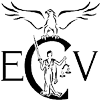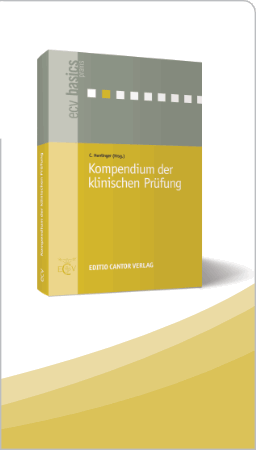Header
Ihr Suchergebnis
Sie recherchieren derzeit unangemeldet.Melden Sie sich an (Login) um den vollen Funktionsumfang der Datenbank nutzen zu können.
Sie suchen in allen Bereichen nach dem Autor Sprenger A.
In der Rubrik Zeitschriften haben wir 3 Beiträge für Sie gefunden
-
“Lean application” for homoeopathic and anthroposophic medicinal products
Rubrik: Arzneimittelwesen
(Treffer aus pharmind, Nr. 08, Seite 1013 (2021))
Larrucea E | Wörner T | Felgenhauer H | Sprenger A | Steinhoff B | Stern D
“Lean application” for homoeopathic and anthroposophic medicinal products / A proposal from industry for application and variation dossiers · Larrucea E1, Wörner T2, Felgenhauer H3, Sprenger A1, Steinhoff B4, Stern D4 · 1Weleda AG, Schwäbisch Gmünd und WALA Heilmittel GmbH, Eckwälden/Bad Boll und meta Fackler Arzneimittel GmbH, Springe und Bundesverband der Arzneimittel-Hersteller e. V., Bonn
The procedure of marketing authorisation/registration is a prerequisite for marketing medicinal products. Their quality, safety and efficacy are documented in the product-related dossier, which is assessed by the respective competent health authority. The documents to be provided by the applicant are conclusively listed in Article 15 of Directive 2001/83/EC [ 1 ]. It can be observed that dossier requirements for registration as well as variation procedures increased during the past years. These requirements are based on various regulations and directives, guidelines, points to consider and question & answer documents for marketing authorisation/registration as well as for variation procedures. Moreover, national health authorities ...
-
Why has Mutual Recognition never become common practice for Homeopathic Medicinal Products?
Rubrik: Originale
(Treffer aus pharmind, Nr. 02, Seite 262 (2019))
Why has Mutual Recognition never become common practice for Homeopathic Medicinal Products? / The two pioneer cases of Mutual Recognition/Decentralised Procedures with homeopathic medicinal products in the simplified registration – Part 2*Part 1 see Pharm. Ind. 2019;81(1):104–112. · Klein G, Sprenger A · 1Deutsche Homöopathie-Union DHU-Arzneimittel GmbH & Co. KG, Karlsruhe und Weleda AG, Schwäbisch Gmünd
Directive 2001/83/EC as amended in 2004 lays down the mutual recognition procedure for homeopathic medicinal poducts (HOMPs) subject to the simplified registration: Any simplified registration according to Art. 14 in a member state can be a reference for a MRP in another member state. But practice shows that it remains unclear, in which cases a simplified registration of a homeopathic medicinal product in certain member states can be considered to be “the same medicinal product” and therefore is suitable to trigger a MRP. The existing general definition of “same medicinal product” given by Chapter 2 of Notice to Applicants Volume 2A ( “any ...
-
Why has Mutual Recognition never become common practice for Homeopathic Medicinal Products?
Rubrik: Originale
(Treffer aus pharmind, Nr. 01, Seite 104 (2019))
Why has Mutual Recognition never become common practice for Homeopathic Medicinal Products? / The two pioneer cases of Mutual Recognition/Decentralised Procedures with homeopathic medicinal products in the simplified registration – Part 1 · Klein G, Sprenger A · 1Deutsche Homöopathie-Union DHU-Arzneimittel GmbH & Co. KG, Karlsruhe und Weleda AG, Schwäbisch Gmünd
Mutual Recognition Procedure Decentralised Procedure Homeopathic Medicinal Product Simplified Registration Deregulation This publication presents the experiences of the first 2 European multi-state registration procedures according to Chapter 4 of Directive 2001/83/EC executed with homeopathic medicinal products (HOMPs). Obtaining registrations for this category of medicinal products presents particular challenges related to their characteristics and market situation ( fig. 1 ). This is considered in the European law by definition of special registration procedures for HOMPs ( fig. 2 ). According to the legal definition, homeopathic medicinal products (HOMPs) are prepared according to homeopathic manufacturing procedures laid down in the European Pharmacopoeia or in an official ...





